As the new year approaches, the Canada Revenue Agency (CRA) is set to roll out a series of benefit payments designed to provide financial relief to Canadians, including newcomers and temporary residents.
These benefits aim to assist individuals and families in managing the rising cost of living. Below is a comprehensive guide to the upcoming benefits, their eligibility criteria, payment details, and application processes.
1. Canada Child Benefit (CCB)
The Canada Child Benefit is a tax-free monthly payment intended to help families with children under 18 years of age.
- Eligibility:
- Canadian residents, including temporary residents who have lived in Canada for at least 18 consecutive months with a valid permit during the 19th month.
- Newcomers can apply after settling in Canada.
- Payment Details:
- Up to $7,786.92 annually ($648.91 monthly) for each child under six years old.
- Up to $6,570 annually ($547.50 monthly) for each child aged 6 to 17.
- Payments decrease as Adjusted Family Net Income (AFNI) exceeds $36,502.
- How to Apply:
- Apply online via CRA’s My Account or by mail using Form RC66.
- Upcoming Payment Dates:
- January 20, February 20, and March 20, 2025.
2. GST/HST Credit
The GST/HST credit is a quarterly tax-free payment aimed at helping low- and moderate-income households offset the cost of the Goods and Services Tax (GST) and Harmonized Sales Tax (HST).
- Eligibility:
- Canadian residents, including temporary residents, automatically qualify upon filing their taxes. No separate application is required.
- Payment Details:
- Individuals can receive up to $519 annually.
- Couples can receive up to $680 annually.
- An additional $179 per child under 19 years of age.
- Upcoming Payment Dates:
- January 3, April 4, July 4, and October 3, 2025.
3. Advanced Canada Workers Benefit (ACWB)
The ACWB is a refundable tax credit designed to encourage workforce participation among low-income individuals and families.
- Eligibility:
- Canadian residents aged 19 or older, or those living with a spouse or child.
- Income thresholds vary by province and family size.
- Payment Details:
- Single individuals can receive up to $1,518 annually.
- Families can receive up to $2,616 annually, divided into quarterly payments.
- How to Apply:
- Eligibility is determined when filing taxes; no separate application is necessary.
- Upcoming Payment Dates:
- January 10, July 11, and October 10, 2025.
4. Canada Carbon Rebate (CCR)
Formerly known as the Climate Action Incentive Payment (CAIP), the CCR helps offset costs associated with federal pollution pricing, making environmentally friendly policies more affordable.
- Eligibility:
- Residents of provinces subject to federal pollution pricing, such as Alberta, Saskatchewan, Manitoba, and Ontario.
- Additional payments are available for residents of rural or small communities.
- Payment Details:
- Payment amounts vary by province and family size. For example:
- Alberta families may receive up to $1,544 annually.
- Ontario families may receive up to $976 annually.
- Payment amounts vary by province and family size. For example:
- Upcoming Payment Dates:
- January 15, April 15, July 15, and October 15, 2025.
5. Ontario Trillium Benefit (OTB)
The OTB combines three credits to assist low- to moderate-income Ontarians: the Ontario Energy and Property Tax Credit, the Ontario Sales Tax Credit, and the Northern Ontario Energy Credit.
- Eligibility:
- Applicants must reside in Ontario and file their 2023 tax return.
- Temporary residents meeting residency requirements can also apply.
- Payment Details:
- Payments vary based on income and family size, with a maximum annual amount of $1,013.
- Upcoming Payment Dates:
- January 10, February 10, and March 10, 2025.
Eligibility and Application Process for Temporary Residents and Newcomers
Temporary residents, such as international students and work permit holders, may qualify for these benefits if they meet residency and income requirements.
Steps to Apply:
- Create a CRA My Account:
- Register online to manage your tax affairs securely.
- File Taxes:
- Ensure you file your taxes annually to determine eligibility for various benefits.
- Submit Necessary Forms:
- For the Canada Child Benefit, complete and submit Form RC66.
- Provide Proof of Residency:
- Documents such as rental agreements or utility bills may be required to establish residency status.
Upcoming CRA Payment Dates for January 2025
Here’s a quick overview of the upcoming benefit payment dates:
- GST/HST Credit: January 3, 2025
- Ontario Trillium Benefit: January 10, 2025
- Advanced Canada Workers Benefit: January 10, 2025
The CRA’s 2025 benefits provide vital financial support to Canadians, newcomers, and temporary residents. By understanding eligibility and applying on time, you can effectively manage rising living costs. Ensure you file your taxes and mark the payment dates to maximize these benefits.
Who Qualifies for the Canada Child Benefits (CCB)?
Canadian residents with children under 18, including newcomers and temporary residents meeting residency criteria, can qualify for the CCB.
Do I Need to Apply Separately for the GST/HST Credit?
No, the GST/HST credit is automatically assessed when you file your taxes.
What Is the Maximum Annual Payment for the Advanced Canada Workers Benefits?
Individuals can receive up to $1,518, and families can receive up to $2,616 annually, paid quarterly.

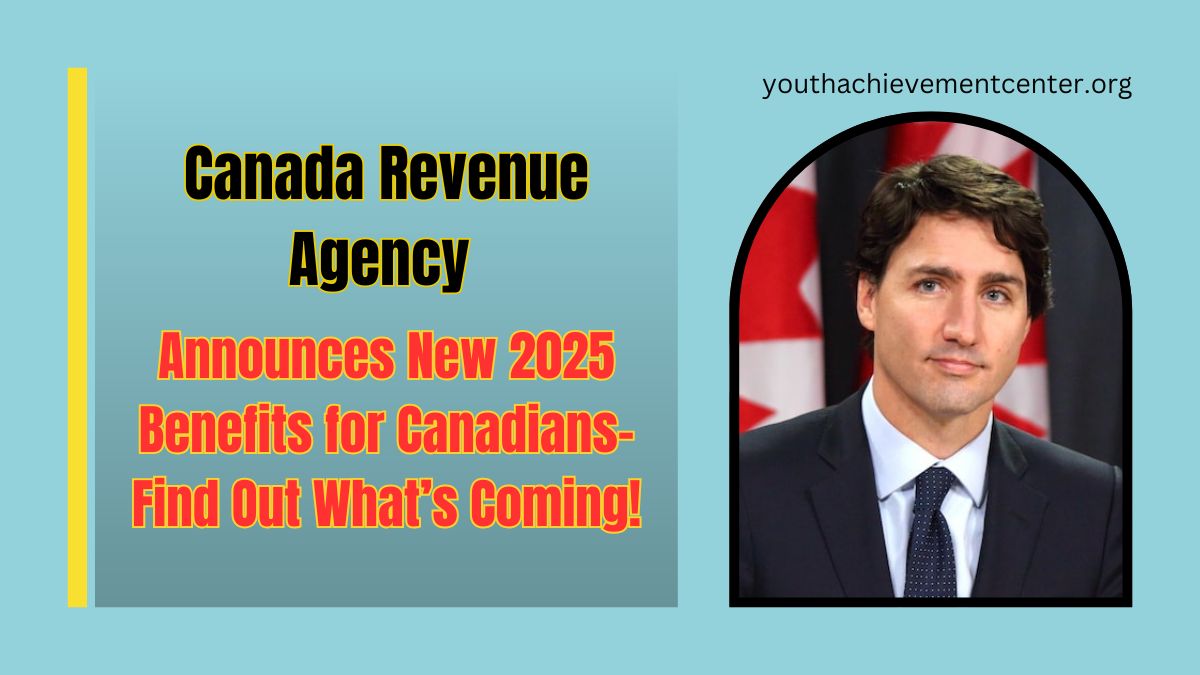
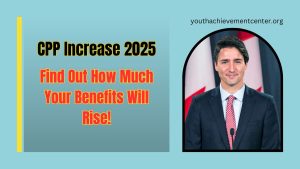
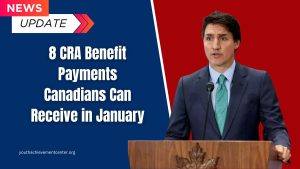
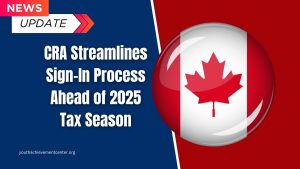
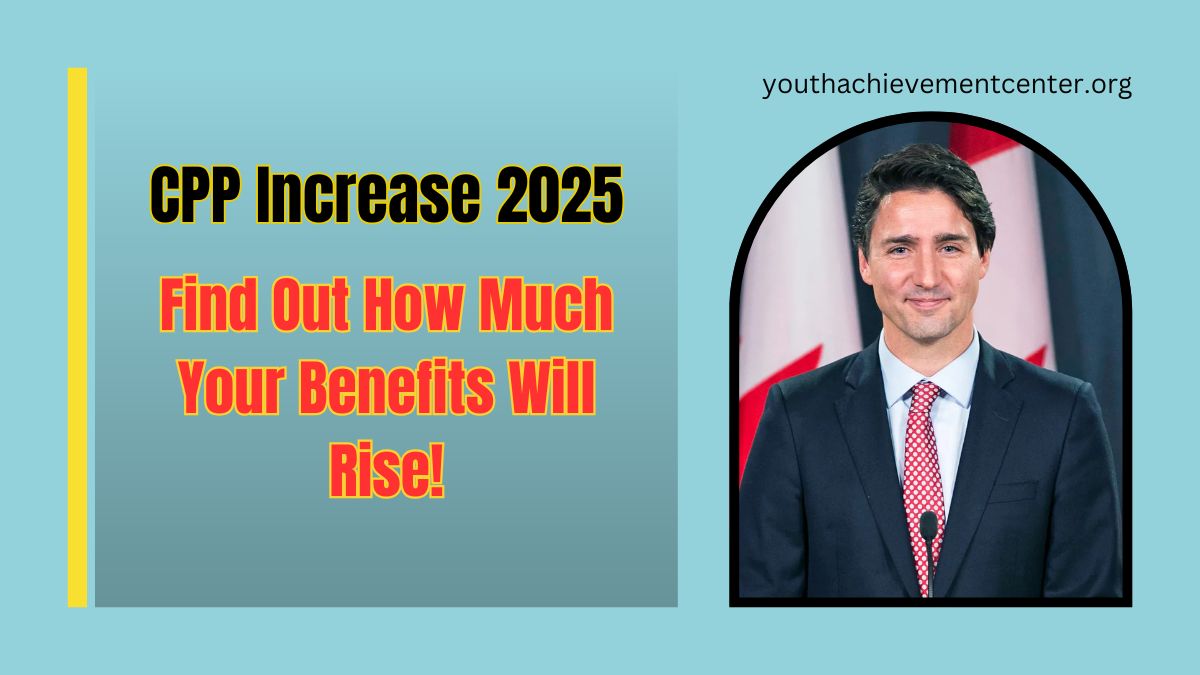
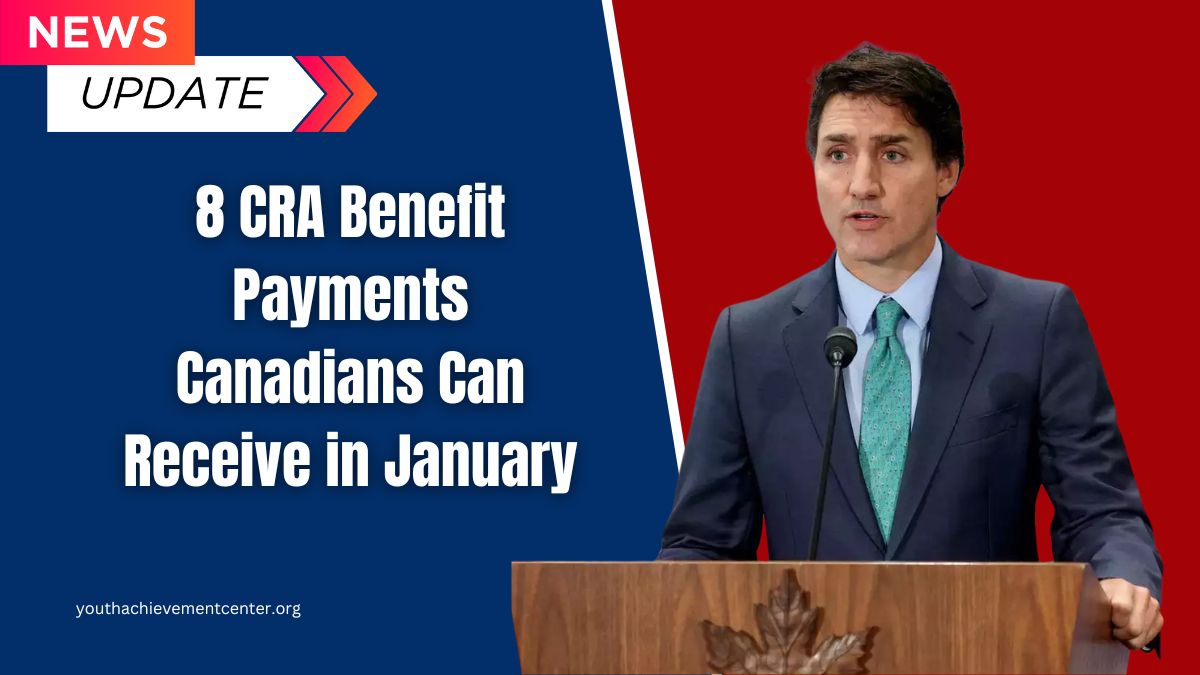
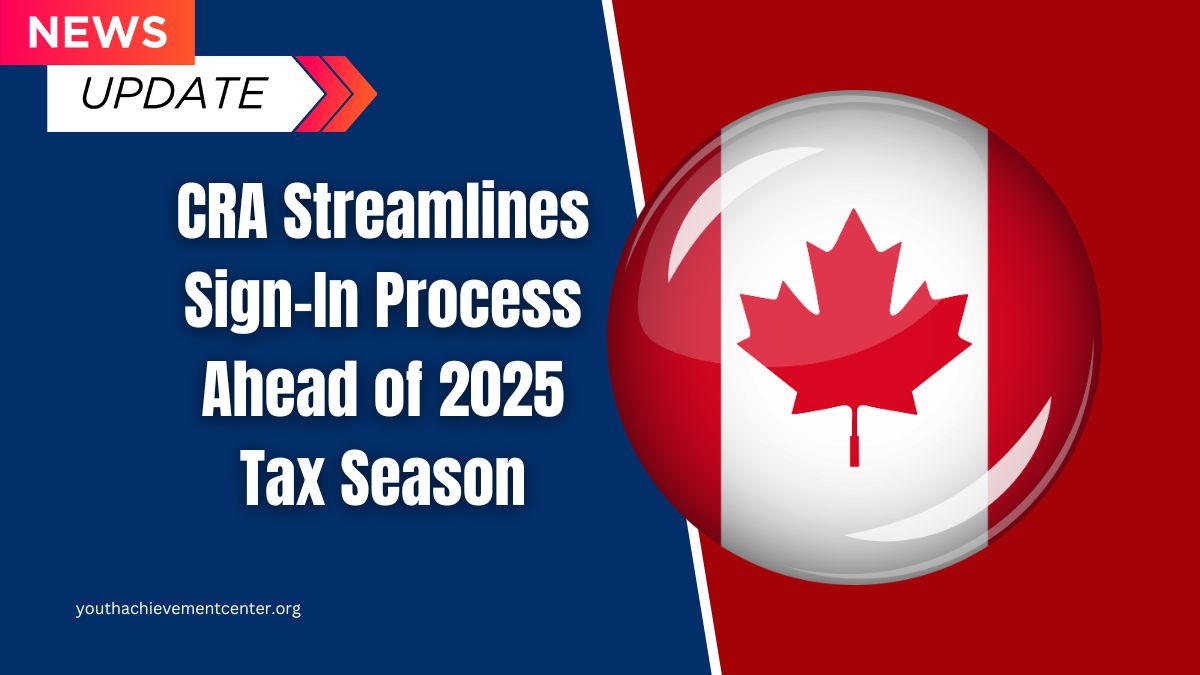
6 thoughts on “Canada Revenue Agency Announces New 2025 Benefits for Canadians-Find Out What’s Coming!”
I heard there was suppose to be a payment for seniors coming out on December 29 of 2,300 was that a scam or did a person have to apply for it as it said if you had o a s it would be automatically deposited
Anything regarding the CRA on fb is about 1 percent true. The rest is bs. If you used a reliable accountant and look at your income tax returns it will tell you everything you need to know honestly. Relying on fb tax information and handing out personal information is a big mistake. All I can say is be careful and Happy New Year
I believe it was a scam so people would vote for blackface trueau most from Quebec and Ontario because those are the provices who always vote for the liars i meant to say the liberals
Oh where? We don’t receive anything because we don’t qualify then we pay tax at the end of the year. Stop posting this on Facebook.
No wonder why there are so many who wanted to come to Canada because of the benefits. Even the parents and grand parents whom never worked here are entitled to claim OAS which is if you think about it, unfair to Canadians who started working @ 14 years old.
If you call CRA almost all all have accent and they sound like from another country. Darn.
Im confused on why BC doesn’t get the carbon tax rebate?????
Whatever happened to the 200$ promised check from Ford that je said would be given due to high grocery prices?!? Was it a lie as well???